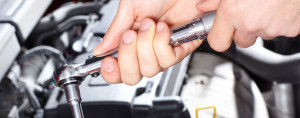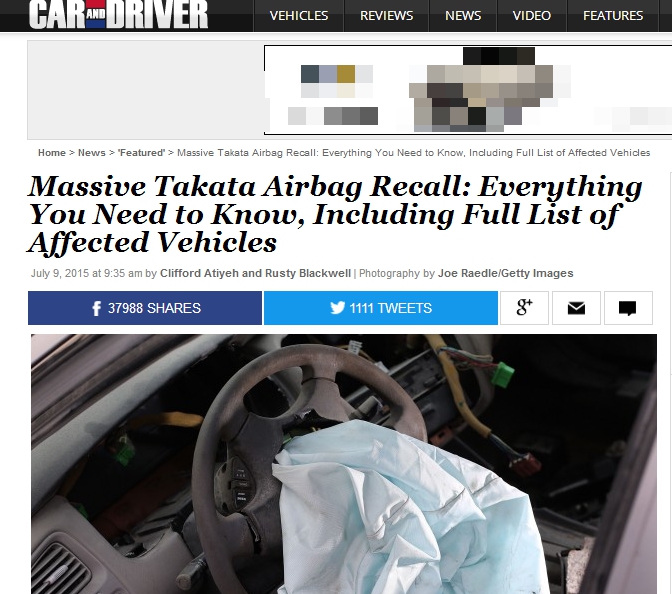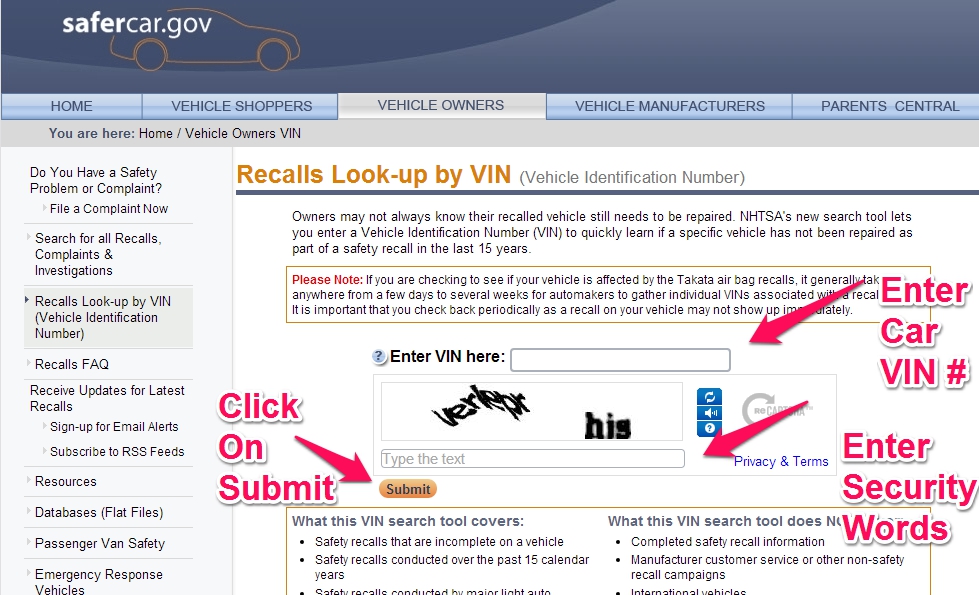One of the main draws or attractions for the Toyota Prius is efficiency. People who don’t want to spend too much on gas, or don’t like the idea of polluting a lot by driving, like that the car’s hybrid powertrain makes the most of every last drop of fuel. It seems only natural that people also have one big question: what kind of gas does a Toyota Prius use?
What Kind of Gas Should You Use for Your Toyota Prius?
 Using the wrong kind of gas can negatively impact a car’s fuel efficiency. According to the United States Environmental Protection Agency (EPA) estimates, the 2015 Toyota Prius gets a whopping 51 mpg city, 48 mpg highway and 50 mpg combined. The car can also go an estimated 595 miles on a single tank of gas, which is much farther than quite a few other vehicles.
Using the wrong kind of gas can negatively impact a car’s fuel efficiency. According to the United States Environmental Protection Agency (EPA) estimates, the 2015 Toyota Prius gets a whopping 51 mpg city, 48 mpg highway and 50 mpg combined. The car can also go an estimated 595 miles on a single tank of gas, which is much farther than quite a few other vehicles.
The fact is that there is a Toyota Prius octane requirement, or the type of fuel that can be put into the tank each time. As an owner, you need to know that rating, otherwise you might put in fuel that could cause issues for the car. To better understand why Toyota requires a certain octane rating for the Prius, it’s key to have an understanding of what octane ratings are.
Several factors help determine the octane required for a specific engine. Among them is the mechanical setup, geometrical configuration, compression ratio, and even the environmental conditions where the vehicle is running. Know that the bigger the number for the octane rating, the better that fuel is at resisting knocking or pinging when the engine is running.
Toyota Prius Octane Rating
 The vehicle manufacturer, in this case Toyota, is the one who makes the recommendation on fuel octane rating. If you have the owner’s manual, it lists the Prius gas type. However, if you don’t have it, fear not. According to Toyota, the 2015 Prius needs to be refueled using unleaded gasoline with an octane rating of 87. At many fuel stations, that’s the rating for “regular” gas, but you can look at the label on each pump for the octane rating just to be on the safe side.
The vehicle manufacturer, in this case Toyota, is the one who makes the recommendation on fuel octane rating. If you have the owner’s manual, it lists the Prius gas type. However, if you don’t have it, fear not. According to Toyota, the 2015 Prius needs to be refueled using unleaded gasoline with an octane rating of 87. At many fuel stations, that’s the rating for “regular” gas, but you can look at the label on each pump for the octane rating just to be on the safe side.
Meeting the Prius octane rating is important, if you want the hybrid car to run as it was designed. At the same time, it’s not necessary to give the vehicle a “treat” by using gasoline with a higher octane rating, even on occasion. Doing so won’t magically boost fuel economy or provide any other benefits.
On the other hand, using gasoline with a higher octane rating certainly won’t hurt the Toyota Prius. In some situations, you might not be able to purchase anything with an octane rating of 87, forcing you to go with 89 or higher.
Certain vehicles need gas with a higher octane rating. This could be from using a high-compression engine or advanced electronic controls. With those cars, you can use a lower octane fuel, but it will negatively impact power output and fuel economy. Fortunately, that’s not the case with the Toyota Prius – you can use “regular” gas for the entire life of your vehicle without any adverse effects.
T3 Atlanta
The Toyota Prius is a ‘gas sipper’ compared to many vehicles, making it a fuel-efficient choice both for city-dwellers and people who travel regularly. Now that you know what kind of fuel your Toyota Prius uses, you can make more confident choices at the gas pump.
Have questions about your Prius’s performance? Call T3 Atlanta! Our friendly staff at our Smyrna and Decatur locations will be more than happy to help you.
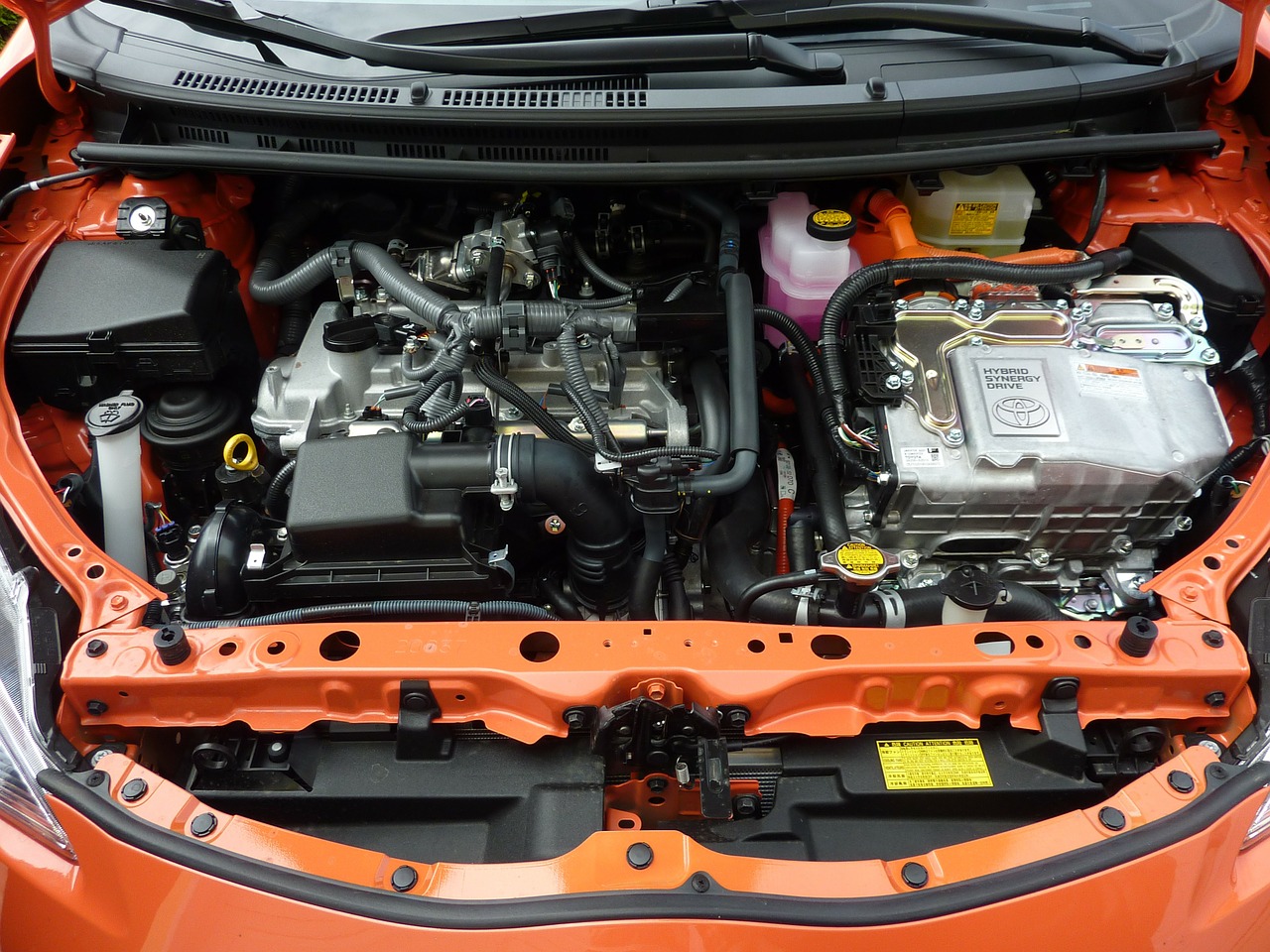 Depending on the exact model, you should be having your Toyota car, truck or SUV thoroughly serviced every 5,000 miles or six months so you can continue a relatively problem-free ownership experience. Exactly what should be done each time by the technicians is laid out in the official Toyota maintenance schedule, which a reputable shop can and will reference and follow exactly.
Depending on the exact model, you should be having your Toyota car, truck or SUV thoroughly serviced every 5,000 miles or six months so you can continue a relatively problem-free ownership experience. Exactly what should be done each time by the technicians is laid out in the official Toyota maintenance schedule, which a reputable shop can and will reference and follow exactly. 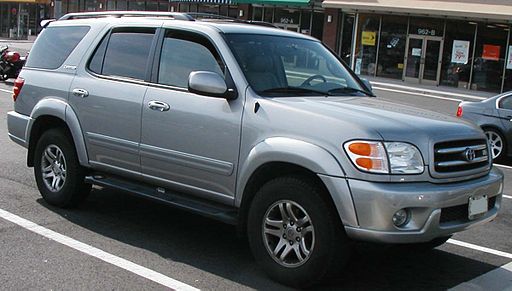 away from the brake pedal. Don’t turn on the engine before doing this, otherwise you might need to start over. Next you will want to push down and hold the button that you normally use to reset the trip meters. Depending on which Toyota model you own, it could be the same button that helps you cycle between showing the odometer readout and the two different trip meters.
away from the brake pedal. Don’t turn on the engine before doing this, otherwise you might need to start over. Next you will want to push down and hold the button that you normally use to reset the trip meters. Depending on which Toyota model you own, it could be the same button that helps you cycle between showing the odometer readout and the two different trip meters.  Even though Atlanta doesn’t have winters like the Northeast, it’s important to winterize your vehicle. The weather can be very unpredictable, and some winters are harsher than others. It’s best to be prepared just in case!
Even though Atlanta doesn’t have winters like the Northeast, it’s important to winterize your vehicle. The weather can be very unpredictable, and some winters are harsher than others. It’s best to be prepared just in case!
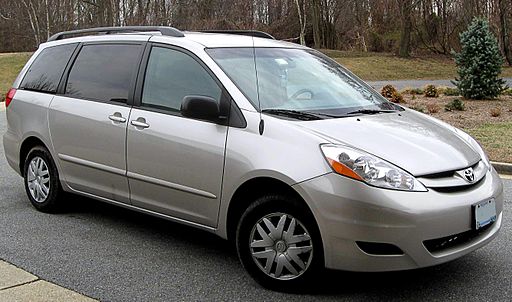 The Toyota Sienna was not involved in either the Sticking Accelerator Pedal Recall or the Floor Mat Pedal Entrapment Recall in 2009. The list below is not comprehensive, but addresses several of the largest issues from the past ten years. You can look up any recall notices for your vehicle by visiting Toyota’s recall
The Toyota Sienna was not involved in either the Sticking Accelerator Pedal Recall or the Floor Mat Pedal Entrapment Recall in 2009. The list below is not comprehensive, but addresses several of the largest issues from the past ten years. You can look up any recall notices for your vehicle by visiting Toyota’s recall 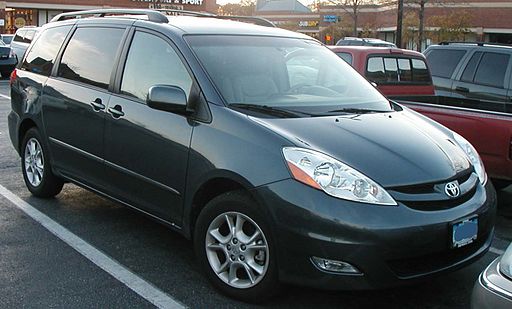 Sienna vehicles from 2004 – 2005 and 2007 – 2009 may have issues with the shift lever assembly so that it is possible that a parked vehicle could be moved into gear without depressing the brake pedal. This could result in potential rollaway issues.
Sienna vehicles from 2004 – 2005 and 2007 – 2009 may have issues with the shift lever assembly so that it is possible that a parked vehicle could be moved into gear without depressing the brake pedal. This could result in potential rollaway issues.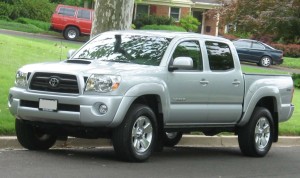 While the Tacoma was not involved in the Sticking Accelerator Pedal recall which affected millions of vehicles, this model was involved in the Floor Mat Pedal Entrapment recall which occurred around the same time.
While the Tacoma was not involved in the Sticking Accelerator Pedal recall which affected millions of vehicles, this model was involved in the Floor Mat Pedal Entrapment recall which occurred around the same time. Atlanta may not have snowstorms like the Northeast, but ice storms can be just as dangerous. Checking that your car is winter-ready on an annual basis will help make sure that you are not left out in the cold with a preventable situation!
Atlanta may not have snowstorms like the Northeast, but ice storms can be just as dangerous. Checking that your car is winter-ready on an annual basis will help make sure that you are not left out in the cold with a preventable situation!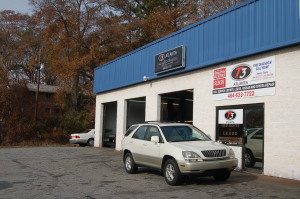 Don’t be left out in the cold this Fall or Winter! You’ll help prevent a major headache later by making sure that your vehicle is winter-ready now. Call us at one of our two convenient Atlanta-area locations –
Don’t be left out in the cold this Fall or Winter! You’ll help prevent a major headache later by making sure that your vehicle is winter-ready now. Call us at one of our two convenient Atlanta-area locations –  The ‘Maintenance Required’ light on your Toyota is actually not a cause for concern!
The ‘Maintenance Required’ light on your Toyota is actually not a cause for concern! Oil changes may not seem like a big deal. In reality, this routine service can prolong the life of your engine and save you from possible expensive repairs!
Oil changes may not seem like a big deal. In reality, this routine service can prolong the life of your engine and save you from possible expensive repairs!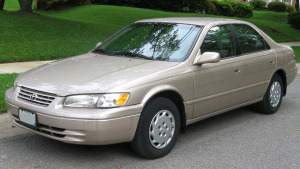 Which Vehicles are Affected?
Which Vehicles are Affected?